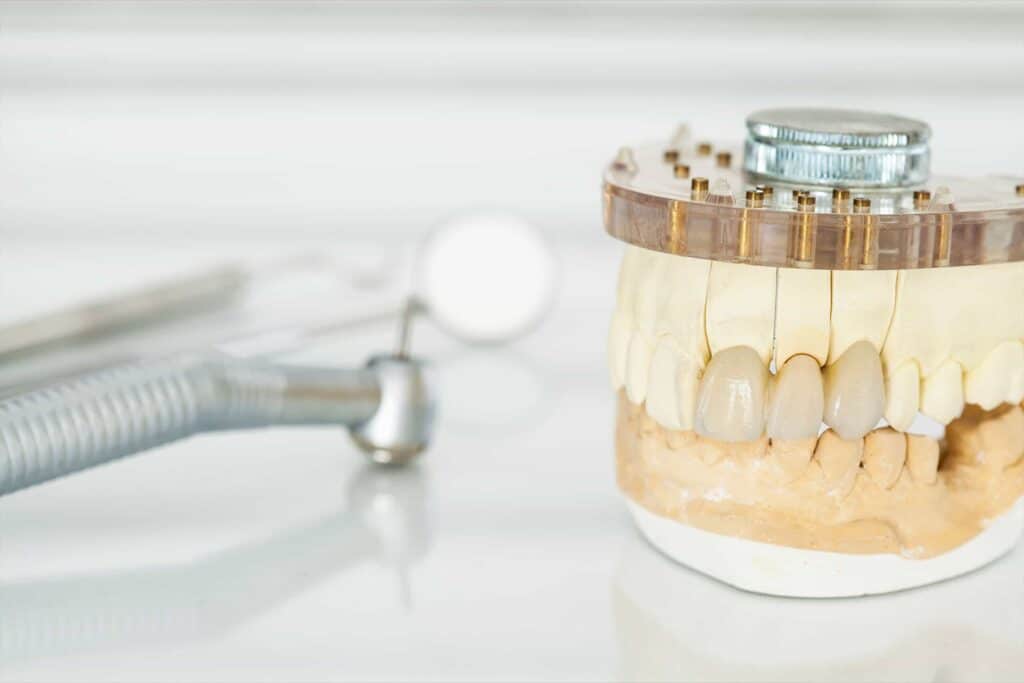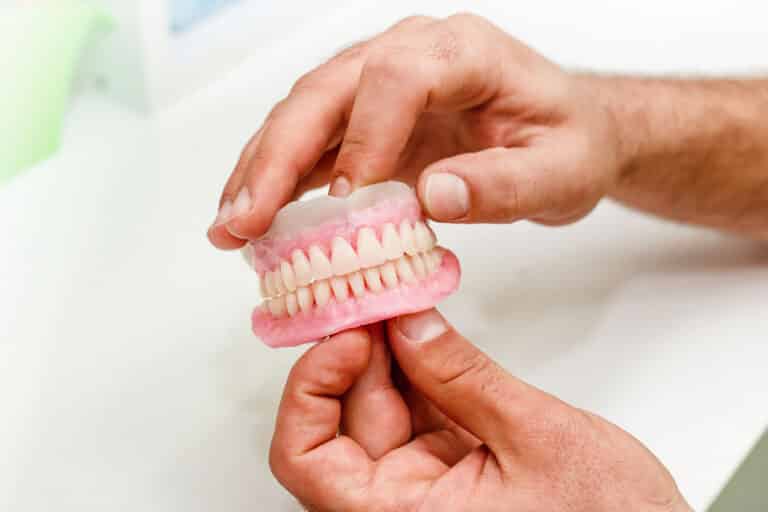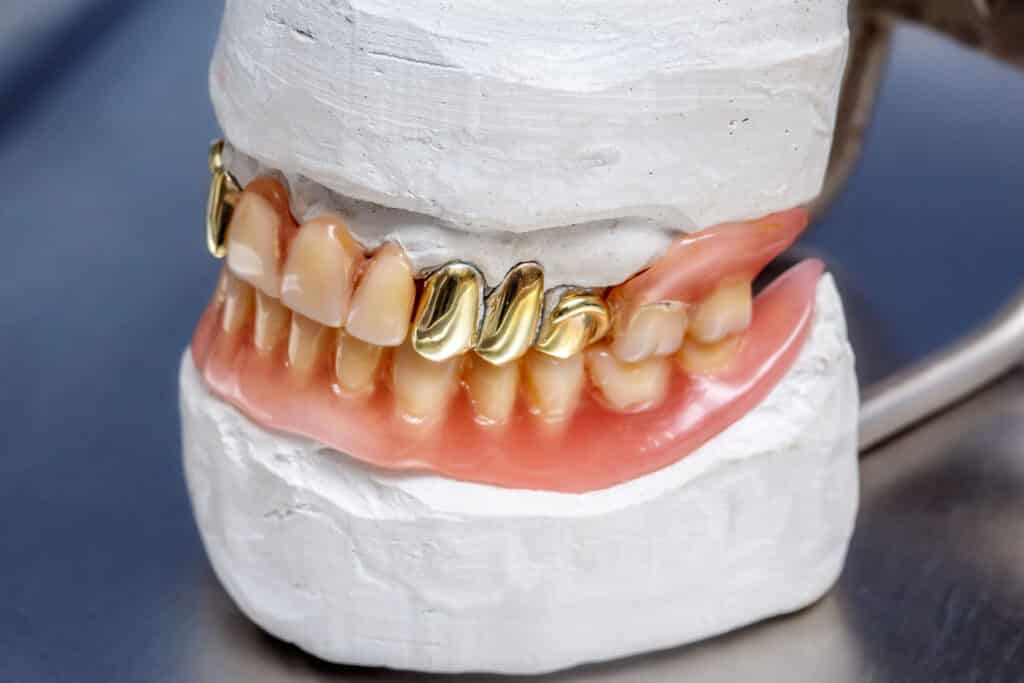Halitosis, often referred to as “bad breath,” is a chronic, unpleasant exhaled odor, which isn’t usually serious but can be a symptom of other issues such as periodontal disease. Mints, mouthwash, and good hygiene rarely take care of halitosis, and unlike morning breath, it’s a strong smell that persists.
What Causes Halitosis?
Halitosis typically stems from bacteria in the mouth, particularly the throat, tongue, and sometimes gums. Common causes of halitosis are dry mouth caused by medication, smoking, poor oral hygiene, and a coated tongue. Halitosis can also be caused by severe periodontal disease as well as tonsillitis. The treatment of halitosis will depend on the underlying causes.
The cause of halitosis can be as simple as food particles getting stuck between the teeth or in other places in your mouth. They break down from the bacteria that grow in the mouth, and the process releases a foul smell. When left unattended and untreated, this same bacteria can cause gum disease and tooth decay.
What Are the Symptoms of Halitosis?
The symptoms of halitosis may differ for different people. However, the symptoms are generalized as:
- Plaque around the teeth and near the gumline
- Dry Mouth
- A white coating visible on the tongue
- A bad, metallic taste in the mouth
- Post-nasal drip or the feeling of sinuses dripping down the throat
While these symptoms can often mean other things, if they’re in conjunction and persistent and accompanied by bad breath, it may be halitosis.
You can tell if you have halitosis by the presence of the above symptoms as well as feedback from people about bad breath. You also might feel the constant need to clear your throat as your saliva may feel thick. If you suspect halitosis, schedule an appointment with your dentist to determine the following steps to take regarding the issue.
How Do I Get Rid of Halitosis?
Halitosis is an odor you cannot cure through covering up the smell. Gum or mints will only mask the smell, so it’s essential to work with your dentist to figure out what’s causing your persistent bad breath. Some halitosis can result from acid reflux and digestive tract issues, so consider these steps when working to eliminate the cause.
- Floss daily
- Invest in a tongue scraper
- Brush at least twice a day and after meals
- Incorporate mouthwash into your routine
- Remove dentures or other oral appliances (dentures, retainers) to clean them regularly
- Have your teeth cleaned twice each year
- Eat a low-fat diet rich in vegetables and fruit
- Drink plenty of water
- Quit smoking
- Keep an eye out for inflamed tonsils and the occasional tonsil stone
If the cause is something more serious, then a medical procedure may be necessary. For instance severe and chronic periodontal disease will require a thorough deep cleaning or tonsillitis may require removal of the tonsils.
How Do I Prevent Halitosis?
You can prevent or decrease the occurrence of halitosis by making a few lifestyle changes.
- Brush and floss twice daily
- Brush your tongue, cheeks, and the roof of your mouth
- Eat healthy food that makes you chew and enhances the flow of saliva, such as carrots or apples
- Sugar-free gum can help with saliva promotion
- Visit the dentist regularly to screen for gum disease
Does Removing Tonsils Prevent Halitosis?
If chronically inflamed tonsils are indeed the root cause, removal may get rid of your bad breath. However you wouldn’t want to jump straight to removing the tonsils if you haven’t eliminated the other potential causes.
The first step in determining what path to take is to see your doctor. If you suspect your tonsils are the culprit of your persistent bad breath, and your dentist has ruled out any issues within your mouth, such as harmful bacteria or gum disease, treating the tonsils could be the next step.
Your tonsils are an essential part of your lymphatic system, protecting your body from diseases and illness. Occasionally, you can remove your tonsil stones at home, but it’s easier, safer, and more effective to remove them professionally.
On the other hand, a tonsillectomy is a surgery with a longer recovery time but is generally mild. Each case and patient differs, so it’s important not to generalize this fact.
Curing Your Halitosis
Treating halitosis can be daunting, causing issues in physical and mental health. Those who suffer may deal with self-esteem issues, and it can seem like a constant uphill battle. Halitosis doesn’t have to ruin your life, so begin the conversation with your dentist today to figure out the primary cause of your halitosis, where it stems from, and what you can do to eradicate it.
The cure might range from brushing twice a day to undergoing tonsil surgery, so pinpointing the cause is essential. Regardless, you’ll be happy that you took the proper steps to address your halitosis.





